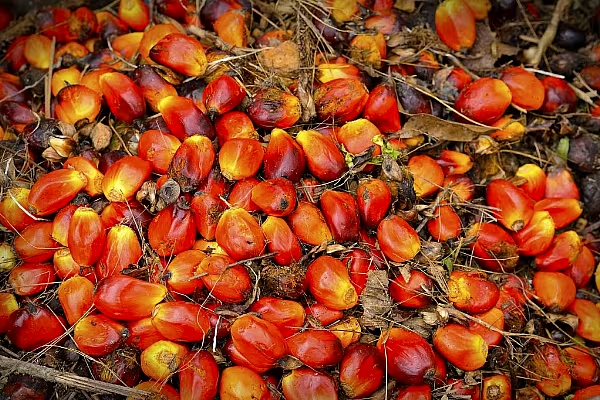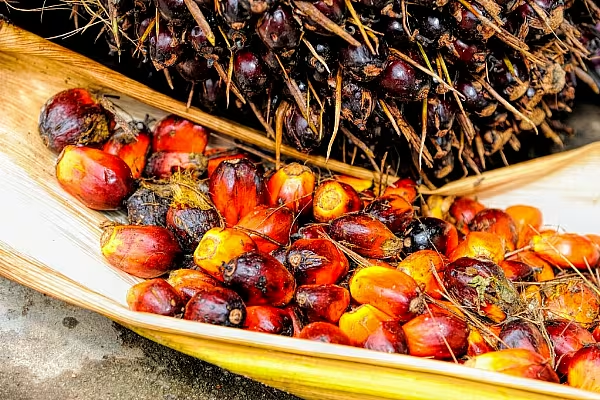Sustainable palm oil is becoming harder to find as food manufacturers use it to replace sunflower oil sourced from Ukraine and to meet environmental goals, Ahold Delhaize's CEO told Reuters.
Palm oil, whose production is known for devastating rainforests in Indonesia and Malaysia, has for decades been a public relations problem for the retail and consumer goods industry.
Several companies, from Pepsico to Unilever and P&G have tried to distance themselves from shopper backlash, setting ambitious goals to make their palm oil supply chains sustainable.
'Sustainable Palm Oil'
Ahold - the owner of more than 20 retail brands including Albert Heijn in the Netherlands and Stop & Shop in the United States - said it only relies on sustainable palm oil, which is becoming harder to source.
"As the sunflower oil from Ukraine or Russia fell away, those countries have 60% lower production there. People are looking for replacing oils and, of course, there's more demand for palm oil," said Ahold CEO Frans Muller, speaking from the Consumer Goods Forum's Global Summit conference in Dublin.
"I think it's more difficult to source sustainable palm oil or other replacing oils for those oils which are not there anymore," Muller said, adding that Ahold had been able to source sustainable palm oil despite it being harder to do so.
He said Ahold has been trying to replace sunflower oil with palm oil in some private-label products, much like it has begun replacing Ukrainian wheat in baked goods with the same ingredient from the United States and other countries.
News by Reuters, edited by ESM – your source for the latest supply chain news. Click subscribe to sign up to ESM: European Supermarket Magazine.











